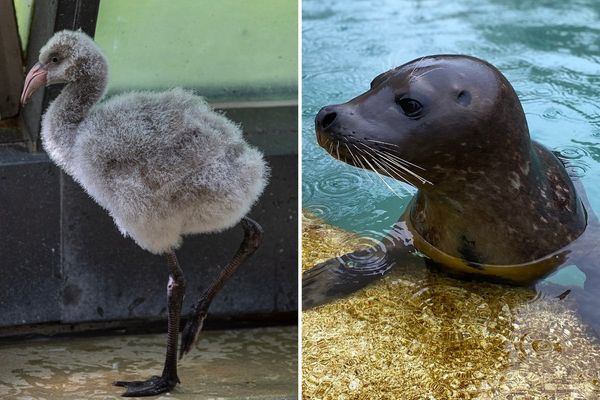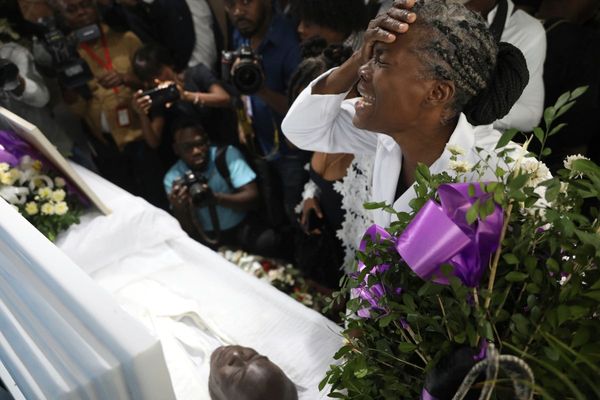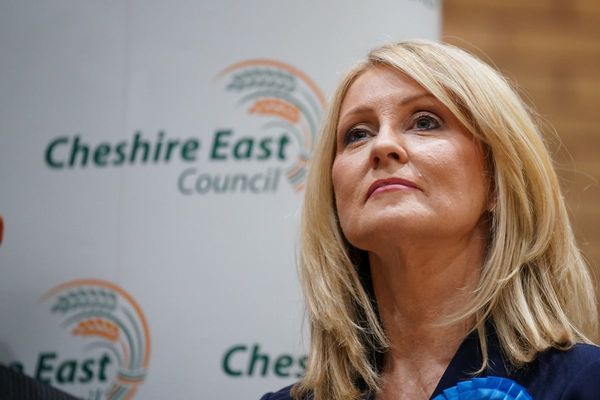
My son was diagnosed with autism at the age of nine, had a tough time at school and with family issues, and at 13 began to isolate himself away and would go into periods of depression.
But that was nothing compared to what he was like when he turned 16. A relationship breakdown saw him become suicidal. He stopped wanting to interact with anyone, to the point that he would react badly if I even asked him about his day.
His school knew he was very depressed and advised him to phone the GP. That was the first kick in the teeth for him. The GP in effect said “here are some leaflets and some helplines”. He felt even more alone then since he’d sought help and basically been turned away.
At one point he went missing. I then realised that he had begun to express suicidal thoughts, and when he disappeared he had left very worrying messages with a few people about how he intended to slit his throat.
The day he disappeared I got a message to say that he hadn’t turned up at school. He wouldn’t answer the phone to me or anyone else. He’d gone off with his girlfriend and neither would say where they were. I was so worried because he’d taken a knife from our kitchen.
I spent the morning looking all round the town for him. After two hours, the police found him hiding behind the boundary fence of our local cricket ground. He was in a bad way and the police kindly drove us both to A&E.
He did have an assessment with someone from the child and adolescent mental health services (Camhs) team. However, the A&E doctor made clear that there was nothing more the hospital could do for my son that day and that we should go home. He had had a Camhs assessment and that service would be in touch.
They wouldn’t tell me what was making him so distressed, because he had asked them not to. That meant I had no real guidance about how to keep my child safe at home. They did say that I should lock away all the knives, as he had taken a knife before, and the very strong pain medicine I take.
When we went to A&E I hoped he would be admitted because I felt that I couldn’t make him better and that I was unprepared and inadequate. I felt very alone. I was out of my depth and petrified that I was going to lose my child. I just wanted someone to take him off me and look after him and make him better.
I was very confused when the A&E doctor said we had to go home. I assumed they would keep my son in, given how distressed and vulnerable he was. I just thought: what state do you need to be in to be kept in? I was in a complete state of shock.
I still have no idea what state you would need to be in to actually be admitted, because my son was in a very bad state and admission wasn’t even discussed. It wasn’t a “shall we, shan’t we” thing, it was just “go home”.
I think that young people having a mental health crisis are just dismissed. I’ve spoken to other parents and the story is the same. Young people can have eating disorders, they can have clear plans for suicide, and Camhs will say they aren’t severe enough for inpatient care. It leaves me with no faith that a young person who presents at a GP surgery or A&E will get the help they need.
Camhs were eventually very good for my son. They did everything they were meant to do. But it all came too late. He is coping really well now. He has a girlfriend and is more aware of his mental health. I just hope that we never have to go through a crisis like that again.
In the UK and Ireland, Samaritans can be contacted on 116 123, or email jo@samaritans.org or jo@samaritans.ie. In the US, the National Suicide Prevention Lifeline is 1-800-273-8255. In Australia, the crisis support service Lifeline is 13 11 14. Other international helplines can be found at befriend.







